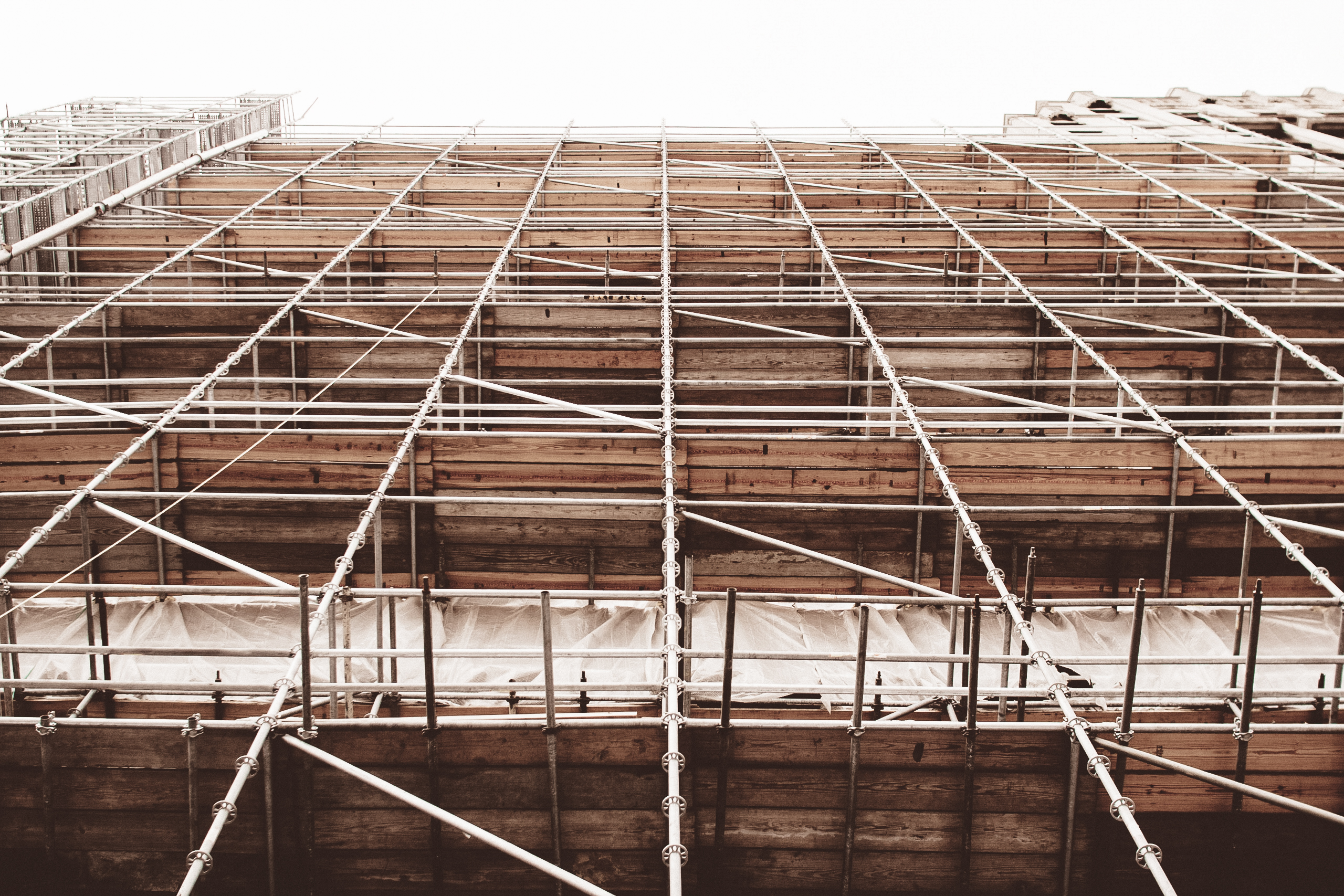Construction Sector – New Service Tax Policy
In yet another effort to smoothen the implementation of SST for construction, the Royal Malaysian Customs Department (RMCD) has published Service Tax Policy (STP) No. 7/2025 today, 24 October 2025. The STP bears the policy decisions of the Minister of Finance (MOF).
Here is our analysis of the key three (3) important policies therein:
(1) Separate or Itemised Billing for Construction Goods & Services
MOF and RMCD has formally endorsed that service tax (6%) would apply on the value of construction service (i.e. excluding value of goods) provided the construction service provider either issue separate invoices or perform itemised billing for value of construction materials/goods supplied and construction work services. This effort avoids double taxation given that most construction materials are subject to a 5% sales tax (either at the time of importation or sale by sales tax registered manufacturer).
However, if the invoice does not separate the value of goods and services, the 6% service tax applies on the total value in respect of construction works. There is no express requirement for the split to be indicated in the contract as the STP emphasises on invoicing arrangement.
While the publication of STP No. 7/2025 is affirmative of the permissibility of separate or itemised billing to limit service tax to the ‘service component’, in our view it is important for businesses to consider the followings:
a. Documentation requirements:
In our view, it is important for businesses in the construction sector to retain sufficient documentation to justify the basis in which the value of service and goods are determined. This may inevitably involve requiring the sub-contractors to also adopt their billing practices amid availability of the B2B exemption for their billings. Without the breakdown of charges from the sub-contractors, the main contractors may face challenges in justifying the basis of itemised billing to the developer or asset owner.
Further, the extent to which the details of the charges are to be itemised in the invoice and contract must also be carefully considered, weighing both the service tax implications and any commercial implications.
b. Impact on existing construction contracts:
The STP does not expressly state that the Bill of Quantities (BQ) in the contract must be itemised for the goods and service portion. The express requirement is only with regards to invoice. Given the specific nature of the exemption granted by the Minister, parties must consider all factors in embarking on any kind of adaptation to the contractual and/or billing arrangement.
c. Future proof arrangements:
While RMCD’s guidelines serve as a document that sets out the interpretation of RMCD on the prevailing law, the STPs are used to communicate Minister’s exemptions and policy decisions. STP No. 7/2025 is not an exemption but a policy decision. The authorities have reserved the right to make amendments should there be any changes to the relevant policy.
Hence, businesses entering into long term construction contracts should make efforts to be diligent in structuring the arrangement such that the service tax exposure is future proof from potential changes to STP No. 7/2025.
(2) Installation Works
Given the broad the definition of ‘construction works’ in Service Tax Regulations, various businesses are in-scope for service tax although many may not regard them as providing ‘construction services’ in a conventional interpretation of the term. This includes installation of any electrical or mechanical equipment at completed offices, factories and even places of dwelling that does not qualify as ‘residential building’ for the purpose of exemption.
STP No. 7/2025 confirms that if the contract separately states the value components of the goods supply and installation works, service tax applies only on the value of the latter. Unlike (1) above, with this regard the STP places emphasis on the contract (i.e. not just itemisation on the invoice)
The STP further conveys the policy decision that in the event the contract does not separately state the value of goods supply and installation works, the 6% service tax would apply on the entire contract value (save for situation where the vendor is a sales tax registered manufacturer, in which case sales tax would apply instead of service tax). This is a significant impact for companies that both supply equipment and provide installation services. The STP is a reminder for businesses engaged in such activities to carefully re-examine the commercial practices and contractual terms. It must also be borne in mind that Section 9(1)(b)(iii) of Service Tax Act requires service tax to be accounted on the full value of any taxable service provided for free.
(3) EPCC Contracts for Construction of Ships and Platforms
While construction contracts are normally in relation to immovable properties, Engineering, Procurement, Construction, and Commissioning (EPCC) contracts for construction of ships and platform is unique as it also leads to creation of movable property, which is a taxable good for the purposes of sales tax. To avoid imposition of both sales tax and service tax on the same transaction, STP No. 7/2025 outlines a policy decision by MOF and RMCD which allows the industry to choose either sales tax or service tax on the supply. The choice must be carefully made as it impacts the entitlement for exemption on the goods and services procured.
Urgent Action Required for Outstanding & Paid Invoices:
Service tax applies to construction works since 1 July 2025, with many industry players being registered effective from 1 September 2025. Although STP No. 7/2025 was issued on 24 October 2025, it is effective from 1 July 2025.
Hence, the issuance of STP No. 7/2025 could affect the invoices which are presently due for payment and even some invoices for which payment has been made. Timely analysis and actions are essential to normalise the effect of any service tax applied excessively on the invoices given absence of knowledge about the RMCD/MOF’s policy at the time of invoice.
If you have missed our previous analysis with respect to STP dated 17 October 2025 in relation to MOF’s exemptions for construction sector, read here https://tratax.my/important-updates-to-service-tax-policies/
The contents of this write-up are of generic nature. Strictly no liability assumed. For case-specific consultancy and professional support, do reach out to your contact point at TRATAX or email thenesh@tratax.my

